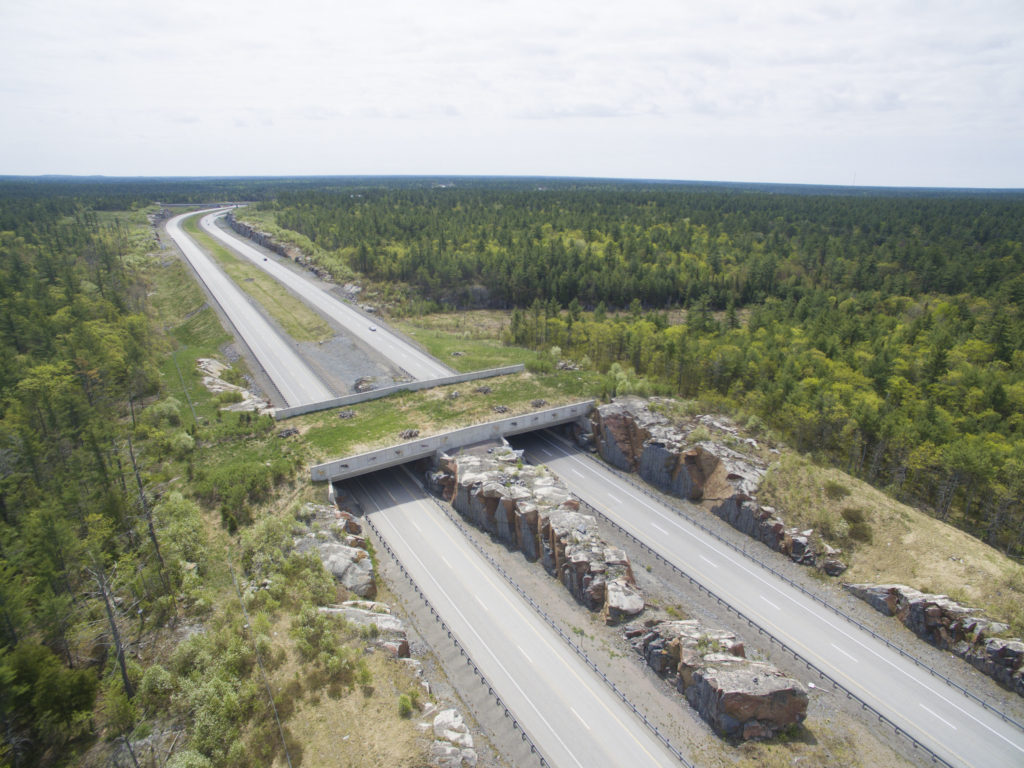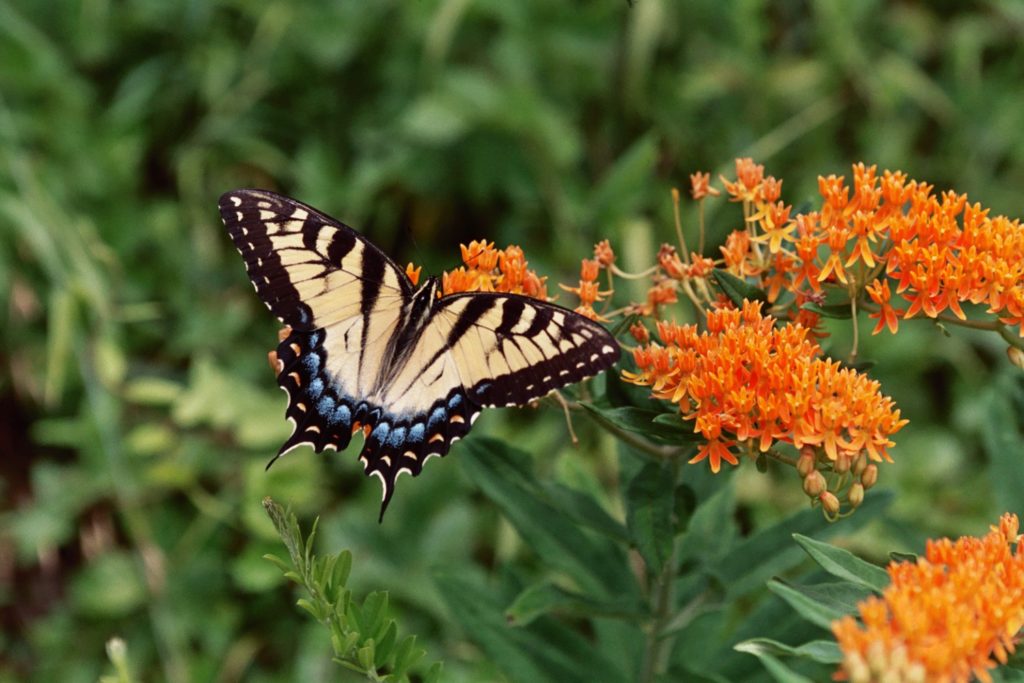Welcome to Virginia Conservation Network’s Wrap-Up of the 2021 General Assembly, Part 2: Land Conservation and Wildlife. During this year’s virtual session VCN tracked 158 pieces of legislation and took a position on 82 bills. Of the 78 bills which VCN supported, we’re excited to see 61 of them head to the Governor’s desk to be signed! To see the status of all of VCN’s tracked legislation, see our updated Bill Tracker.
Ensuring integrity of conservation easements
HB1760 (Webert) & SB1199 (Petersen)
Conservation easements are a critical tool for protecting Virginia’s most valuable habitats: working farms and forests, scenic viewsheds, and cultural landscapes. Easements are legally binding agreements that protect the land’s natural and cultural resources even if the property is sold. The legislation clarifies language so that the courts can interpret easement terms based on the original intent of the conservation easement donation and their protection of public benefits. You can read more about the critical role of conservation easements on our blog here – thank you to Piedmont Environmental Council for leading advocacy for this legislation!
Wildlife Corridors
SB1274 (Marsden)

Wildlife corridors are pathways which allow migratory animals safe passage across our roadways and built landscapes. Wildlife corridors are critical not only for wildlife habitat connectivity in a changing climate, but also for the safety of drivers by reducing the amount of vehicle-wildlife collisions. This year’s legislation builds on the Virginia Wildlife Corridor Action Plan (WCAP) from last year, which will compile and condense the best available science on the status of habitat connectivity in Virginia. Beginning this year, the Department of Conservation and Recreation, VDOT, and the State Forester will integrate wildlife corridors identified in the WCAP into their own strategic planning guidance documents. This will help ensure that wildlife corridors are considered and protected across Virginia and across agency jurisdictions. Thank you to Wild Virginia and Wildlands Network for their advocacy on this legislation!
Funding our farmers for agricultural best management practices
HB1763 (Wilt), SB1162 (Hanger), HB2068 (Rasoul), HB2203 (Filler-Corn), SB1188 (Hashmi), & SB1163 (Hanger)
As Virginia recovers from COVID-19, we have the opportunity to reimagine food systems through ensuring productive farmland, funding strategic investments in local food production capacity, and ensuring clean water for all. Agricultural best management practices (or BMPs), such as fencing cattle out of streams, are one of the most cost-effective investments to improve water quality in local streams, rivers, and Chesapeake Bay.
This session, we supported legislation which increases funding incentives necessary to achieve our water quality goals for the Chesapeake Bay through:
- The establishment of the Virginia Agriculture Food Assistance Program and a supporting Fund to encourage and reimburse farmers who donate or sell produce to charitable organizations. Thank you to the Capital Region Land Conservancy and the Virginia Association of Biological Farming for their advocacy!
- Providing enhanced tax credits for the implementation of agricultural BMPs. Tax credits are a more workable incentive for some farmers who may be unable, for religious or other reasons, to accept government payments or participate in existing cost-share programs. Thank you to Alliance for the Shenandoah Valley for their advocacy!
- Establishing the Local Food and Farming Infrastructure Grant Program which rewards grants up to $25,000 for sustainable farming practices and infrastructure on a competitive basis. Thank you to the Capital Region Land Conservancy for their advocacy!
“Weeding out” invasive plant species
HJ527 (Bulova)
With advocacy from Piedmont Environmental Council, a study will allow for the exploration of options for phasing out the propagation and sale of invasive plants in Virginia. Invasive plant species outcompete native plants, adversely impact wildlife habitat, have no native controls, and costs millions of taxpayer dollars at the local, state, and federal levels to manage. Many of the 90 invasive plants named by the The Virginia Department of Conservation (DCR) which “pose a threat to Virginia’s forests, native grasslands, wetlands or waterways” are sold at your local garden center! This study will greatly reduce the damage invasive plants cause by finding the most effective way to reduce or prohibit the sale of invasive species.
Protecting Pollinators
HB2030 (Krizek)
Del Krizek introduced a bill that prevents highly soluble neonicotinoid pesticides from entering our waterways, the use of which is linked to the decline of our native pollinators. However, this legislation was heavily amended and reduced to a study of the state’s existing Beekeeper Pollinator Protection Plan and voluntary best management practices. It now authorizes the Department of Agriculture and Consumer Services to establish a stakeholder workgroup which will produce a report by the end of the year outlining an improved communication strategy for beekeepers and applicators of neonicotinoid pesticides.

